Retro: Olympic star Bill looks back at an exciting life in sport
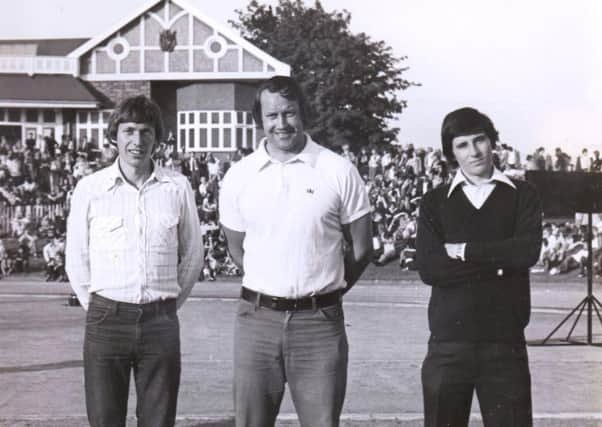

Bill spoke about his book, Bill Tancred, an Ordinary Olympian But What a Life, on a return visit to the city from his retirement home in Suffolk.
Bill said: “I thought I’d do something for my grandchildren and it went eventually from four pages to 104,000 words! People were coming to my house and saying, ‘This is interesting, you’ve had such an interesting life, why don’t you make it an autobiography?’
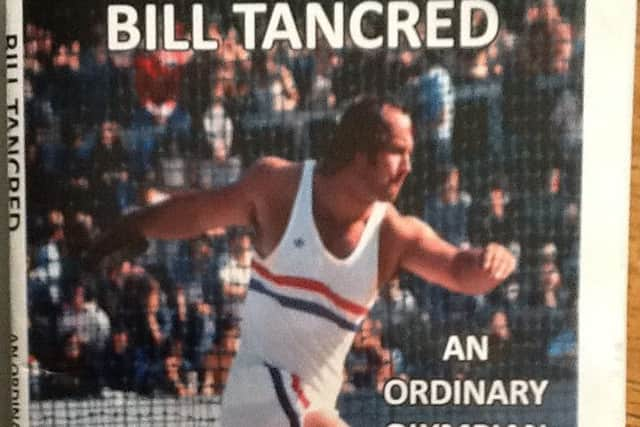

“I’m 74 now and I thought, ‘This needs to be done’.”
Advertisement
Hide AdAdvertisement
Hide AdBill competed in the discus in the 1968 and 1972 Olympics and won bronze and silver Commonwealth Games medals. He was British champion seven times and held the national record for 25 years from 1974 and broke the British record 19 times.
He has seen a lot of changes over a lifetime in sport: “I was amateur where it was the love of the sport. Now the business is very ruthless.”
Bill, who was born into a military family in Quetta, which was then in India, grew up in Felixstowe and Ipswich. He was a regular soldier, where he served in the Royal Army Physical Training Corps, and then became an academic.
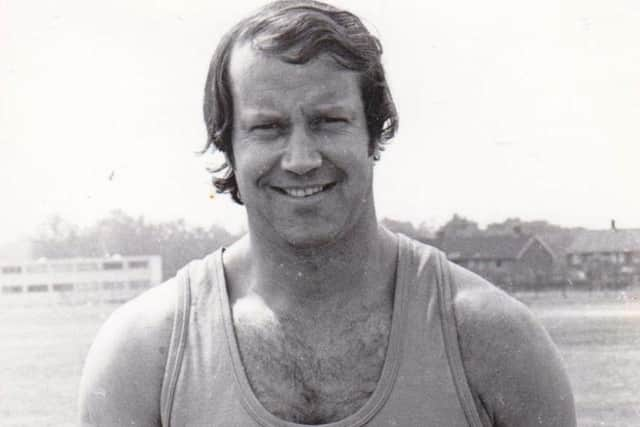

He worked as the director of physical education and sport at the University of Sheffield for 30 years as part of a varied teaching career.
Advertisement
Hide AdAdvertisement
Hide AdHe also became the president of the city’s World Student Games directorate.
He is still involved in sports committees and is a visiting professor of sports and exercise science at the University of Suffolk.
Bill’s lifetime of service to athletics was rewarded with an MBE in 1992.
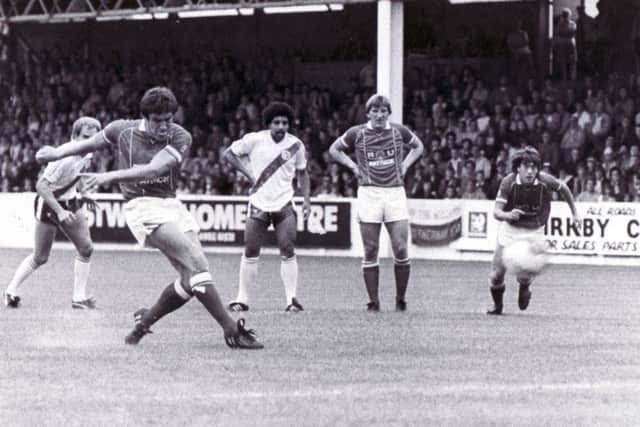

He said: “Sport and education really helped me. I’ve had lovely friends. I’ve loved the journey.
Advertisement
Hide AdAdvertisement
Hide Ad“I’ve been very fortunate to travel all over the world and met interesting people.”
“Health is wealth,” he added. “Exercise and activity are important ingredients.
“I tell people to exercise to promote their health and wellbeing.”
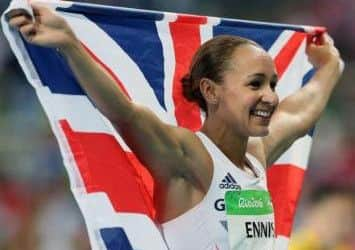

As the picture on these pages show, Bill met many sporting personalities during his career, including Sheffielder Seb Coe, now a lord and just retired as British Olympics Association chair. They met when Seb was just 17.
Advertisement
Hide AdAdvertisement
Hide AdA famous friend was England and Liverpool footballer Emlyn Hughes, who died at his home in Sheffield from cancer 12 years ago.
“I knew Emlyn Hughes very well, one of those sports stars who have lovely characters and personalities,” said Bill.
The former student at the famous sports studies institute at Loughborough University said he believed he could have built one to rival it at the University of Sheffield but he didn’t get backing from his bosses.
He did set up the university’s first masters qualification in sporting management and linked up with the medical school.
Advertisement
Hide AdAdvertisement
Hide AdBill’s father, who he describes as having a “British bulldog spirit”, was a big influence and an early coach.


He helped Bill to realise that he could compete in other sports when an elbow injury brought an end to his promising career as a javelin thrower.
All their efforts paid off when Bill was selected to throw discus at the 1968 Olympics in Mexico.
Bill said: “As an athlete, it is so lovely to get there for all the hard work. That’s why Jessica Ennis is such a fantastic role model.”
Advertisement
Hide AdAdvertisement
Hide Ad“I learned I had made the Olympic team when a letter arrived that was sent by the Duke of Edinburgh.
“It said, ‘you’ve been selected to represent your country in Mexico City. I thought this was wonderful.”
Bill was badly affected by the rarefied atmosphere in Mexico City, which is at high altitude, and said all the runners suffered too.
He said: “To have six weeks in Mexico preparing for altitude was wonderful. You learn a lot. To see all the top sportsmen and women was exciting.”
Advertisement
Hide AdAdvertisement
Hide AdBill saw Bob Beamon set his long jump record and witnessed the Black Power salute by black US athletes that electrified people around the world.
He also saw the dark side of the Olympics four years later at Munich, when 11 members of the Israeli team and a German police officer were massacred by Palestinian Black September terrorists.
Bill said: “I thought the Olympic flame had blown out. I missed the closing ceremony.”
He reflected on all the effort it took to become an Olympic athlete. “We have to train hard.
Advertisement
Hide AdAdvertisement
Hide Ad“People say why do you do it, just to improve one to three inches, which in shot put was the difference between gold and silver and shows how competitive everything was.
“When I went to London in 2012, I couldn’t believe how people supported the Games and the qualifying events, when there were 80,000 people.
“Britain became a superpower in sport then and is the top nation in the world in terms of size.”
He has been amazed by the British Olympic cycling team success and the way that every aspect of the sport is taken carefully into account.
Advertisement
Hide AdAdvertisement
Hide AdHe said that field athletics is still the poor relation to track competition, and only a few athletes like Jessica Ennis have broken through that barrier to become household names.
His advice to young athletes is always “don’t specialise too early. Get a nice foundation in running, jumping and throwing.
“Don’t work too hard and still do your studies. Get a club and look for someone with technical experience and abilities. Smile about it, enjoy it. Too many people are put off by being too directed and regimented.
“It helps to work with like-minded people and be given confidence by your peer groups.”
Advertisement
Hide AdAdvertisement
Hide AdBill said he wished he’d had access to sports psychologists to give him help with mental preparation.
n Bill has self-published his book, which costs £15 including postage and packaging. Email your order to [email protected]